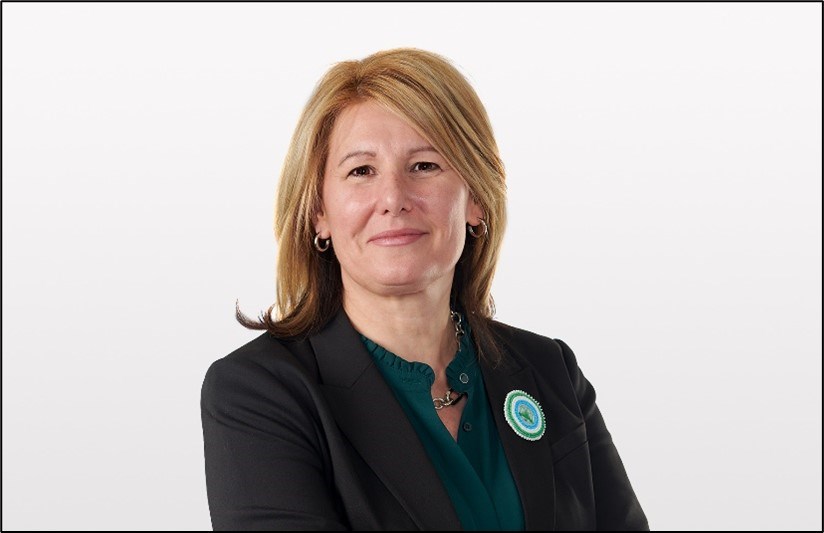MARATHON - Having an open mind is key to incorporating new educational tools within Superior-Greenstone District School, says director of education Nicole Morden Cormier.
The school board has recently announced they are developing a new multi-year strategic plan, as their current plan is set to expire at the end of the year.
The plan looks to address emerging issues including artificial intelligence and online learning.
“The strategic plan is the foundation for everything that we do in our board,” Morden Cormier said in an interview with SNnewswatch.
The province requires school boards across Ontario to have a multi-year strategic plan in place. The plan outlines the board of trustees' goals, and provides a map for stakeholders to understand the board's vision for the future of education within the district.
“It is the way that the trustees communicate their vision to all stakeholders, and it is the way that the director of education is evaluated on their progress on their achievements," Morden Cormier explained. "It is the document that directs the school board for the following five years in terms of learning, in terms of stewardship, and all of the different areas [for which] a school board is responsible.”
One of the key interests of the new plan is to look at the changing demographics, technologies, and provincial regulations in the education system.
The SGDSB calls diversity and inclusion one top priority.
"A key understanding we are working hard to instill within all of the students that we serve, and we have been for quite a couple of years now, acceptance, accepting of differences, and celebrating those differences, understanding that we all bring something unique to our world," said Morden Cormier.
She sees connections between that mandate and the use of digital technology.
“It has played a key role in sort of creating those more equitable environments, where we really do foster those beliefs of cooperative innovation, collaboration, all of those key 21st-century competencies."
Morden Cormier elaborated on how technology interconnects with the process of learning and ways people absorb information.
“We're rethinking how learning happens. When I went to school, learning happened when we were at desks in rows and we were memorizing much of the content. Today, we're thinking about learning in many different ways,” she said.
She acknowledges access to the internet has taken over the way people absorb and memorize information. The accessibility of new information with a click of a Google search has the school board reassessing how learning happens inside and outside of the classroom.
"Learning doesn't just happen in the four walls of a classroom or in a school," she said. "It happens on the land, and it happens through many different opportunities.”
“How we evaluate ourselves along the way also looks different. It used to be a test and a quiz all the time, and now we're thinking differently. Technology is the foundation of much of this."
Although hard skills like reading, writing, and arithmetic remain at the core of the education system, artificial intelligence has now become a tool that expands and reinforces hard skills in our daily lives, she added.
"We're thinking about the top 25 technologies defining our next decade, and artificial intelligence and machine learning are number one. We think about data and cloud and edge computing, those are all there. Technology has come a long way in terms of redefining what we have to learn.”
Soft skills like team building, leadership, and communication are being incorporated to challenge students to creatively problem-solve.
“In the next 10 years - and even, I would say, today - the top skills [are] analytical thinking, students being able to think creatively. Areas that we're focusing on are resilience, flexibility and agility. We think about soft skills. These are becoming more and more important as we move into a more technologically advanced society."
Morden Cormier said school boards have traditionally gauged student success by the number of graduates who move on to post-secondary education. While that is still an important pathway for young adults, she said the board also recognizes many other pathways to gauge success, through apprenticeship programs, for example.
“It's really about accepting that we're heading this way and channelling our energies towards the acceptance of that to figuring it out, to making sure that our students still develop the skills [and] the competencies they need. But also that huge focus on skills and that open mindset. I think that an open mindset is critical in terms of the future of our education system."
